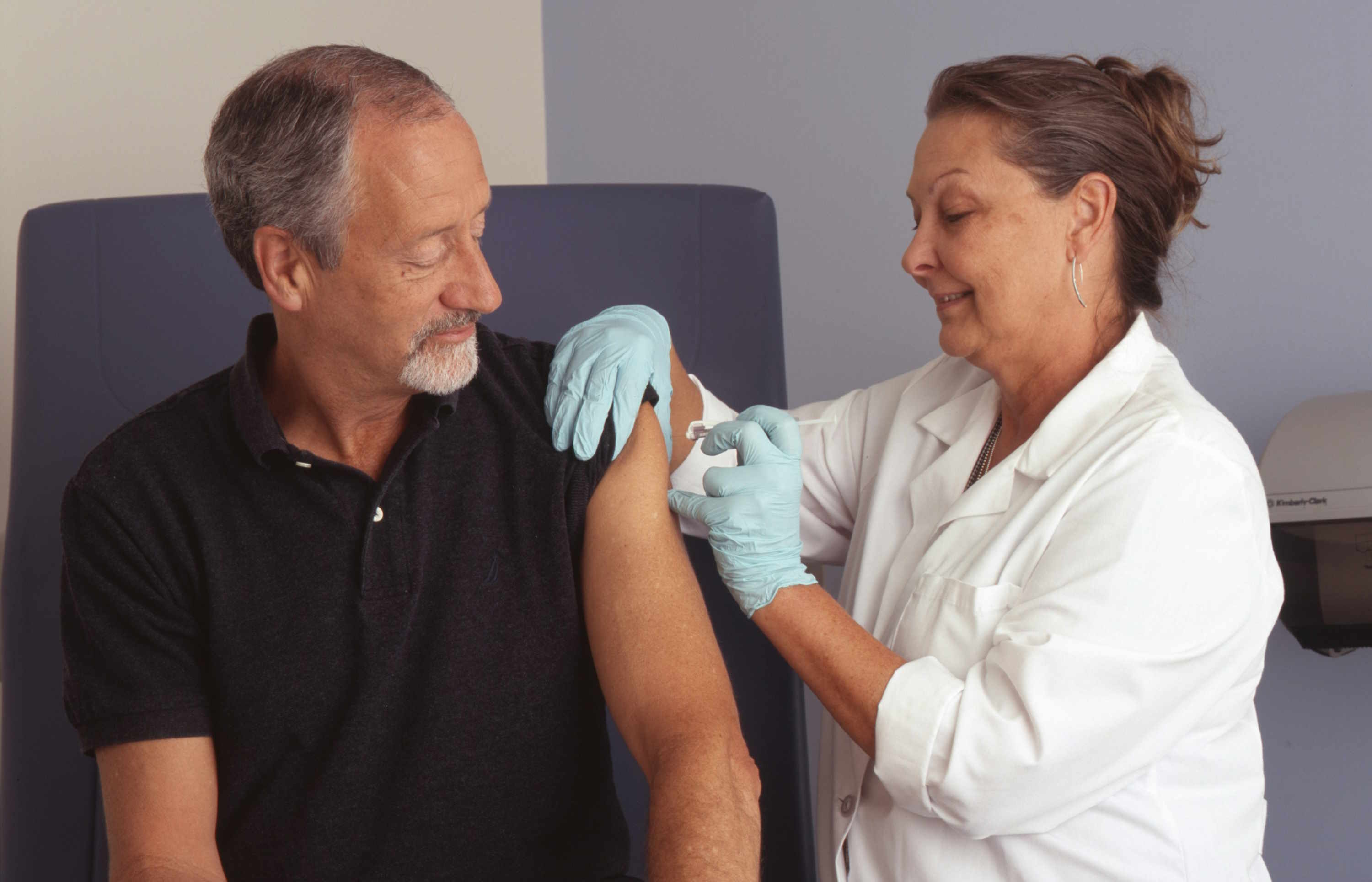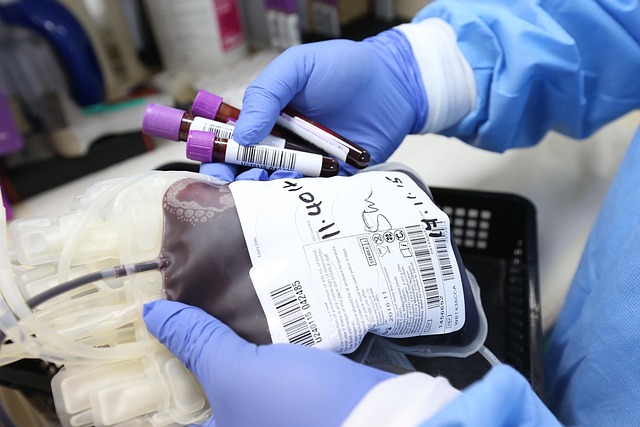Which Pneumonia Vaccine Should Seniors Get: Types, Timing, and Safety Considerations
Pneumonia vaccines are an important part of senior healthcare but many have questions about timing, safety, and costs. This article explains which pneumonia vaccine seniors may need, types of pneumococcal vaccination, schedules for those over 65, side effects, and insurance coverage.

Understanding Pneumococcal Vaccination Types and Timing
Two primary pneumococcal vaccines are recommended for seniors: PCV13 (Prevnar 13) and PPSV23 (Pneumovax 23). PCV13 protects against 13 strains of pneumococcal bacteria and provides stronger immune response, while PPSV23 covers 23 strains but may offer less durable protection. The Centers for Disease Control and Prevention recommends that adults 65 and older receive both vaccines for comprehensive protection. The timing between these vaccinations is crucial - if both vaccines are needed, PCV13 should be administered first, followed by PPSV23 at least one year later. For seniors who have never received pneumococcal vaccination, healthcare providers typically recommend starting with PCV13, then scheduling PPSV23 twelve months afterward.
Pneumonia Vaccine Schedule for Seniors Over 65
The pneumonia vaccine schedule for seniors over 65 follows specific guidelines based on vaccination history and health status. Healthy adults aged 65 and older who have never received pneumococcal vaccines should receive one dose of PCV13 followed by PPSV23 one year later. Those who previously received PPSV23 before age 65 should receive PCV13 at least one year after their last PPSV23 dose, then receive another PPSV23 dose at least one year after PCV13 and at least five years after their previous PPSV23. Seniors with certain chronic conditions like diabetes, heart disease, or lung disease may need earlier vaccination or different spacing between doses. Healthcare providers consider individual medical history, immunocompromised status, and previous vaccination records when determining the optimal schedule.
Common Side Effects and Safety Considerations
Pneumonia vaccines are generally safe for seniors, with most side effects being mild and temporary. Common side effects include soreness, redness, or swelling at the injection site, which typically resolves within a few days. Some seniors may experience mild fever, fatigue, headache, or muscle aches following vaccination. Serious allergic reactions are extremely rare but require immediate medical attention if symptoms like difficulty breathing, swelling of face or throat, or widespread rash occur. Seniors should inform their healthcare providers about previous reactions to vaccines, current medications, and any acute illnesses before vaccination. Those with moderate to severe illness should typically wait until recovery before receiving pneumonia vaccines, though minor illnesses usually don’t require postponement.
Pneumonia Shot Costs and Insurance Coverage Explained
Most insurance plans, including Medicare Part B, cover pneumonia vaccines for seniors at no out-of-pocket cost when administered by in-network providers. Medicare covers both PCV13 and PPSV23 vaccines as preventive services, eliminating copayments or deductibles for eligible beneficiaries. Private insurance plans typically follow similar coverage patterns, though seniors should verify specific benefits with their insurance providers. For those without insurance coverage, vaccine costs vary by location and provider, with pharmacy chains and community health centers often offering competitive pricing.
| Provider Type | PCV13 Cost Range | PPSV23 Cost Range | Coverage Notes |
|---|---|---|---|
| Medicare (Part B) | $0 copay | $0 copay | Fully covered as preventive care |
| Private Insurance | $0-$25 | $0-$25 | Most plans cover completely |
| Retail Pharmacies | $180-$220 | $90-$120 | Without insurance |
| Community Health Centers | $150-$200 | $70-$100 | May offer sliding scale fees |
Prices, rates, or cost estimates mentioned in this article are based on the latest available information but may change over time. Independent research is advised before making financial decisions.
Making the Right Vaccination Decision
Seniors should work closely with their healthcare providers to determine the most appropriate pneumonia vaccination strategy based on individual health profiles and risk factors. Factors influencing vaccine recommendations include existing chronic conditions, immunocompromised status, previous pneumonia episodes, and current vaccination history. Healthcare providers may recommend accelerated schedules for seniors with high-risk conditions like chronic kidney disease, immunodeficiency disorders, or those taking immunosuppressive medications. Regular communication with healthcare teams ensures that vaccination schedules align with other preventive care measures and health management strategies.
Pneumonia vaccination represents a vital preventive measure for seniors, offering protection against serious complications and hospitalizations. By understanding the different vaccine types, following appropriate timing guidelines, and maintaining awareness of safety considerations, seniors can make informed decisions about pneumococcal vaccination. The combination of PCV13 and PPSV23 vaccines provides comprehensive protection for most seniors, while insurance coverage makes these life-saving vaccines accessible and affordable for the majority of older adults.
This article is for informational purposes only and should not be considered medical advice. Please consult a qualified healthcare professional for personalized guidance and treatment.




